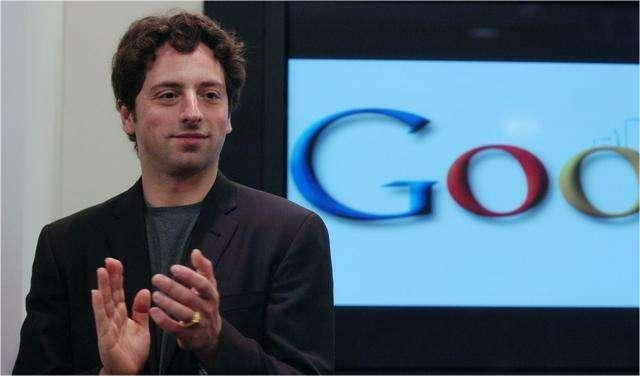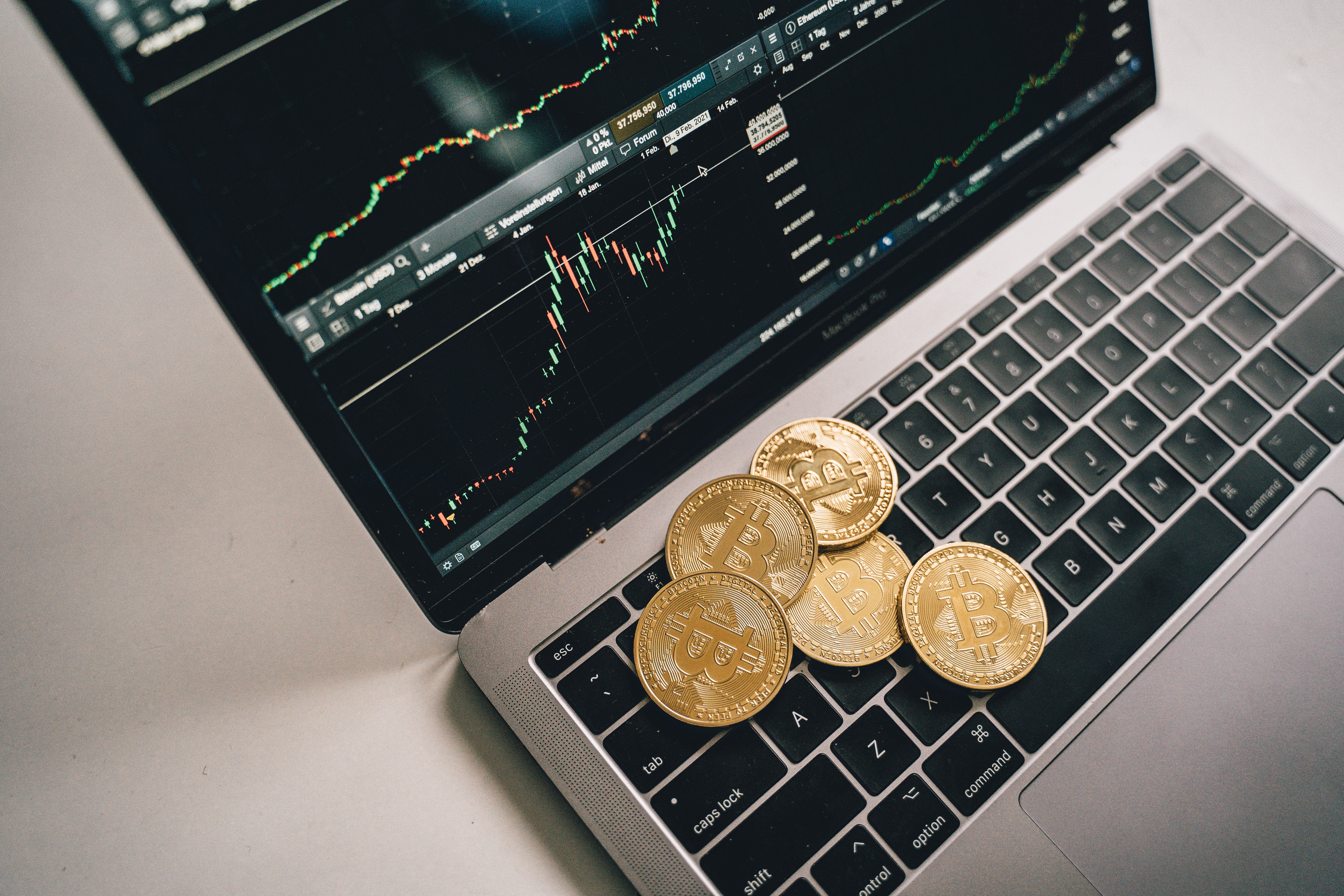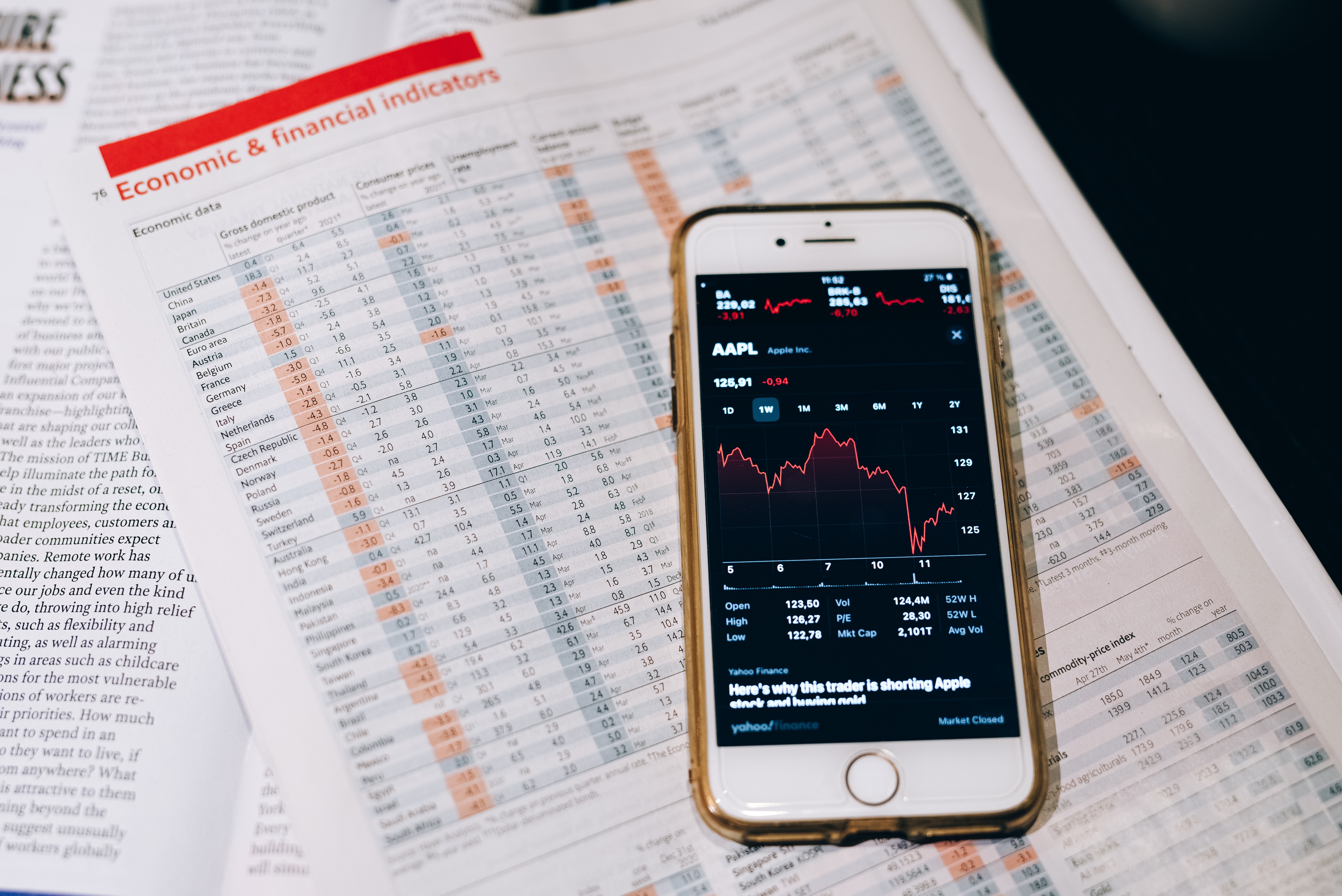
VERTU IRONFLIP: A Perfect Fusion of Intuitive Design and Heroic Colours
VERTU IRONFLIP, a folding screen mobile phone for high-end men, not only has the top technological configuration, but also the
Silicon Valley is known as the “factory of billionaires.” Not only has it produced a group of tech giants who have influenced the world, but it has also given rise to a group of ultra-high-net-worth individuals and their family offices.
Among them, Sergey Brin, although he has stepped down as the president of Google’s parent company Alphabet, remains a controlling shareholder and a member of the board of directors. As of August 2022, Sergey Brin has become the seventh richest person in the world, with an estimated net worth of about $100 billion.

To manage his vast wealth, Brin founded the family office Bayshore Global Management. Bayshore’s role is not only as Brin’s “wealth manager,” but also as a “life manager,” and even a “public relations manager.”
Today, let’s explore Sergey Brin’s family office, Bayshore, and learn about its members and asset allocation.

It is reported that Bayshore was established in 2006, two years after Google went public, and was named after a part of Mountain View, California, where Google’s headquarters is located.
One of Bayshore’s early employees was Rob Fetherstonhaugh. In addition to serving the Brin family, Rob Fetherstonhaugh has been a long-term advisor to many wealthy families. During his time serving the Brin family office, Rob Fetherstonhaugh was responsible for overseeing investments and helping to establish the Brin Wojcicki Foundation.
In 2015, Brin hired a new head of the family office, George Pavlov. Before joining Bayshore, George Pavlov was a general partner at Tallwood Venture Capital. The institution was established in 2000, and George Pavlov was involved in its creation, management, and investment activities.
Before that, he served as CEO at eTime Capital. Prior to joining eTime Capital, he was a General Partner and Chief Financial Officer at Mayfield Fund, as well as a Managing Director and Chief Financial Officer at Blum Capital Partners.
Previously, he held financial and sales management positions at NeXT Computer and was also a board member of Alphion, Amulaire Thermal Technology, Astute Networks, Calypto, and Quintic.
At Brin’s family office, George Pavlov was not only responsible for the overall investment strategy of the family office but also for philanthropic investments and managing Brin’s reputation.
In October 2020, Brin established a family office branch called North Bayshore in Singapore, held by the holding company Parachute Capital, and appointed Marie Young, who was the deputy CIO of Bayshore’s US headquarters at the time, as the director of the Singapore branch. A few months later, in January 2022, Marie Young was promoted to Bayshore’s CIO.
Marie Young graduated from Northwestern University in the United States in 2008 with a Bachelor of Arts (Economics) and joined Goldman Sachs as a financial analyst after graduation. In 2010, she left Goldman Sachs and joined Bayshore in 2011, starting as an investment assistant and eventually holding positions such as portfolio manager, investment director, deputy CIO, and CIO. She is primarily skilled in portfolio management, hedge funds, alternative investments, private equity, fixed income, and equities.

Bayshore has at least 47 members, including some former bankers, charity experts, venture capitalists, and a team dedicated to serving the Brin family. This team consists of a former Navy SEAL, a yacht captain, a fitness instructor, a photographer, an archivist, a property manager, and others who are responsible for taking care of Brin and his family’s life and ensuring the personal safety of their family members.

In addition to taking care of Brin and his family’s lifestyle, Bayshore also invests in stocks, commercial real estate, and private equity.
It is well known that Bayshore is a real estate investment player, a dominant force in the real estate industry of Los Altos (Los Altos, a city under the jurisdiction of Santa Clara County in California, USA), operating a real estate company called Passerelle Investment Company, with a main investment direction in the development of retail and office properties.

Passerelle Investment Company was renamed to Los Altos Community Investments (LACI) in 2016, refocusing its efforts on collaboration with business partners, customers, and community members to make Los Altos a unique, vibrant, and family-friendly place.
As of 2017, LACI owns 16 properties on First Street and 10 properties on State Street in the city of Los Altos, with tenants including Peet’s coffee, Skate works, Hyper space, Linden Tpee, Tin Pot Creamery, and others. In 2021, LACI opened a food hall called State Street Market in downtown Los Altos.
In addition, Bayshore also includes a number of charitable foundations.
Among them, the foundation co-managed by Brin and his ex-wife, Anne Wojcicki, had an income of about $130 million in 2011, $160 million in 2012, $210 million in 2013, $55 million in 2014, and $190 million in 2015. As of 2015, the total assets of its foundation were about $870 million.
In terms of investment, its main investments are in fixed deposits and short-term cash investments, corporate stocks, and other assets.
In addition, the foundation is also a philanthropic organization, providing more than $50 million in grants annually to various organizations, including many schools, libraries, and educational programs in California, as well as the Tides Foundation, Proteus Foundation, Color Of Change Education Foundation, and the National Association for the Advancement of Colored People (NAACP).
In 2014, during the separation period before the divorce between Brin and Anne Wojcicki, Brin also established the Sergey Brin Family Foundation, which holds assets of over $1.4 billion, mainly in Google stocks. Anne Wojcicki also founded the Anne Wojcicki Foundation, with a focus on donating to Parkinson’s disease research.
According to the tax records of the Sergey Brin Family Foundation, the foundation’s income was about $270 million in 2014, about $290 million in 2015, about $196 million in 2019, and about $320 million in 2020. The total assets of the foundation in 2020 were about $3.2 billion.

As of the end of 2020, the Sergey Brin Family Foundation has donated over $520 million to non-profit organizations in the San Francisco Bay Area and other places where Brin resides. In addition, Brin had previously donated Alphabet stock worth at least $23 million to the Bia Echo Foundation of his second wife, Nicole Shanahan.
In August 2022, Brin donated Alphabet stock worth $126.6 million to the Sergey Brin Family Foundation and the Michael J. Fox Foundation for Parkinson’s research. Of course, this is just a small fraction of the 739 million shares of Alphabet stock he owns.
Brin is also a well-known venture capitalist.
In 2006, he invested in Tesla alongside Larry Page in the C round of financing.
In 2018, Brin invested in OccamzRazor, a developer of an artificial intelligence-driven neuroscientific therapeutic platform aimed at using computational methods to cure Parkinson’s disease. Brin values research on Parkinson’s disease so much mainly because his mother was diagnosed with Parkinson’s disease.
In 2020, he invested in VersusGame, a global entertainment mobile game product.
In addition to this, he also tried to help solve the world’s energy and climate issues with Larry Page through Google’s philanthropic organization, Google.org. The organization invests in the alternative energy industry to find a wider range of renewable energy sources. For example, in October 2010, they invested in a large offshore wind power development project.
Not only that, in 2009, Brin also co-founded a venture capital fund, Google Ventures, with Larry Page, and let Bill Maris manage it. The company has been operating independently from Google since 2015, as a financially driven investment company.

Google Ventures has now been renamed GV and primarily seeks investment opportunities in various fields, including consumer internet, software, hardware, clean technology, biotechnology, and healthcare. The amount it invests ranges from seed funding to tens of millions of dollars, depending on the stage of the opportunity and the company’s demand for capital. To date, GV has invested in thousands of startups, including Uber, Slack, and Medium.
